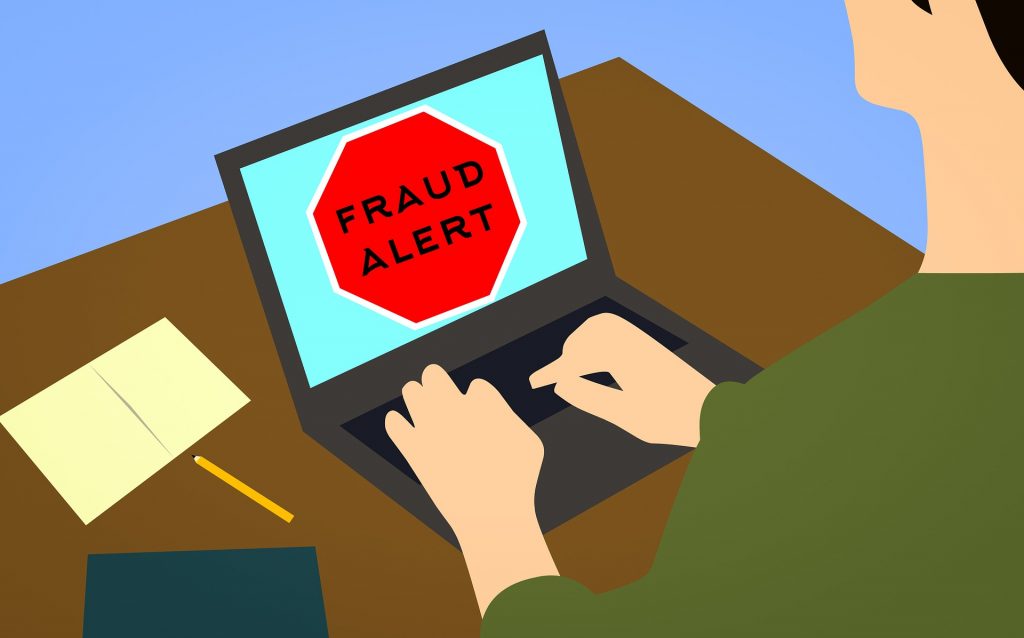Mercator research examined the surge of fraud amidst the pandemic. It identified three major areas: low traffic industries (travel and lodging), secure message portals, and eCommerce-based transactions. According to the Federal Trade Commission, there was an estimated $5.8 billion worth of consumer fraud in the U.S. for 2021. But the fraud does not stop there. The US Department of Labor’s Office of the Inspector General estimates an additional $45.6 billion worth of fraud from unemployment checks.
Quick Fraud Controls Were Too Aggressive According to CFPB
Where the blame for fraud management is a bone of contention.
Bank of America was hit with a $225 million fine for its responsibility of the situation in July 2022. Following suit, U.S. Bank recently disclosed a securities filing on Tuesday. This has prompted the Consumer Financial Protection Bureau (CFPB) to start an investigation.
A variety of relief programs under the CARES Act were fraught with fraud. But according to a recent action Bank of America may have been too aggressive in trying to curtail fraud. According to Payments Dive:
- The OIG found “historic levels of improper payments” regarding the distribution of the unemployment-related benefits in four states in 2020.
- An estimated $30.4 billion of the $71.7 billion in pandemic unemployment programs issued in four states during a six month period that year were paid improperly (42.4%), while an estimated $9.9 billion of that was paid to fraudsters (13.8%), the report found.
Bank of America was found to be too aggressive in its fraud mitigation efforts.
- In the case of Bank of America, the Charlotte, North Carolina-based firm’s effort to tamp down fraud went too far, according to the CFPB.
- “Bank of America automatically and unlawfully froze people’s accounts with a faulty fraud detection program, and then gave them little recourse when there was, in fact, no fraud,” the CFPB, which handed the bank a $100 million fine, said in a statement in July.
Fraud Management: What Did They Do?
Big banks, such as Bank of America and U.S. Bank, partnered with the federal government to distribute unemployment checks to struggling Americans. They had good intentions. But they also distributed unemployment checks tied to Social Security numbers of people who filed in multiple states. Some were federal prisoners, who were deceased and who used suspicious email accounts in their claims. Fraudsters caught onto the new unemployment programs that were being rolled out so quickly and took advantage of the vulnerability aspect to these innovative programs. In retrospect, those new programs should have incorporated bulletproof fraud prevention.
When attempting to rectify this gross mishandling of money, the situation got worse. The very people who the big banks were seeking to help got the short end of the stick.
It is not yet confirmed if the CFPB’s investigation of U.S. Bank is related to fraud management efforts, but we expect an update in the coming weeks.
Overview by Sophia Gonzalez, Research Analyst, Debit Advisory Service at Mercator Advisory Group.


